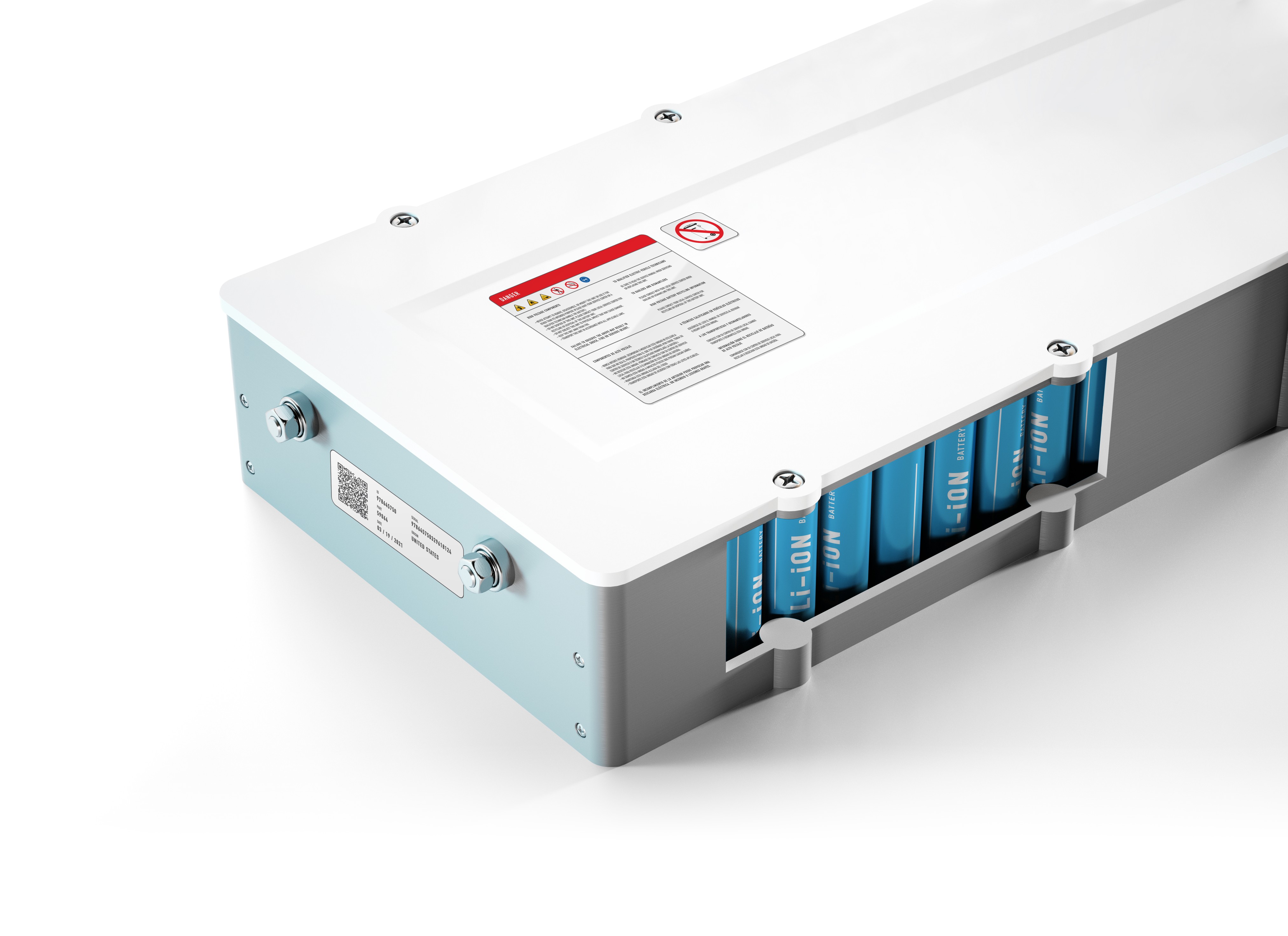Digital Product Passports: Connecting the digital with the physical
The Digital Product Passport (DPP) is a key to the EU’s transition to a circular economy. It is conceived to enable the sharing of product information across the supply chain in order to enable environmental sustainability.
As a solutions provider focused on the circular economy, Avery Dennison is paving the way for large-scale adoption of DPPs.
As associate members of the CIRPASS consortium, we are working together with the European Commission and the ecosystem behind the DPPs to enable a seamless roll-out for global businesses in textiles, electronics, Electric Vehicle Batteries (EVBs).
Within the current policy debate about digital identification here are three key elements to be aware of:
- The collaborative initiative for a standards-based DPP for stakeholder-specific sharing of product data for a circular economy (CIRPASS)
- The Digital Product Passport (DPP)
- The Digital Battery Passport (DBP)
This article will introduce you to the objectives of and potential solutions for the DPP in general. The DBP is deserving of a separate article, as it stems from a different piece of legislation; the EU batteries regulation.
The difference between DPP & DBP and why it matters
The DPP as part of the Ecodesign for Sustainable Products Regulation (ESPR) is likely to apply to a vast group of products – from electronics to chemicals – and has a specific framework in place that will allow the EU to gradually roll them out product group by product group.
The DBP however only refers to batteries and requires the sharing of information specific to light mobility transport batteries - industrial batteries above 2kWh - and EVBs. What’s more, although they both have this technical infrastructure in common, the information to be disclosed and the legislative acts are different, and so are the timelines.
Digital passports for a wide range of products will help consumers and businesses make informed choices when purchasing products as well as disposing them, and should also help public authorities to better perform checks and controls. The aggregate of all DPPs will improve traceability and transparency along the entire value chain of a product.
At the same time, it will improve the management and sharing of product-related data which are critical to ensuring their sustainable use, prolonged life, and circularity. Initially, focus will be on three priority areas: the electric equipment & electronics,- battery,- and textile sectors.
Objectives of the DPP: the urgent case for transparency and circularity
$163 billion worth of inventory globally is lost every year. According to “The Missing billions” report, overproduction and waste are exacerbating the supply chain crisis and hitting businesses to the tune of 3.6% of their annual profits as nearly 8% of stock perishes or is discarded. (AD Global Supply Chain Research, 2022).
Global firms are planning to introduce technologies to identify unique item-level tracking and traceability to increase transparency in supply chains.
In the years leading up to the DPP legislation coming into effect for the aforementioned priority sectors, it will be up to CIRPASS to present an unambiguous cross-sectoral technical definition and description of the passports. That includes a proposition for an open DPP data exchange protocol adapted to the needs of stakeholders in consumer electronics, based on up-to-date digital technologies and the development of use cases and roadmaps for piloting, deployment, and circular business value generation.
"This is the power of connected products, delivering end-to-end transparency for new business models that are both profitable and sustainable."
Avery Dennison’s digital solutions for DPP and how they support the adoption
Avery Dennison’s digital solutions connect the physical with the digital through our end-to-end ecosystem, combining digital triggers, atma.io connected product cloud, and a range of applications that connect the data back to brands and the consumers to provide transparency.
Together, these solutions enable brands to prepare for the forthcoming legislation and benefit from improving supply chain visibility, providing personalized consumer engagement, and creating a more accountable, traceable, and circular ecosystem.
Our digital solutions are being used by multiple brands: over 28 billion unique items are already on the connected product cloud, atma.io, enabling different use-cases for various brands. Powered by pioneering capabilities to track a product’s raw materials, the story of everyday items becomes a single source of truth, where a product’s origins and its entire journey can be chronicled and made available to brands, retailers, and consumers.
The value the DPPs will unlock for brands, regulators, and consumers alike:
- Access to reliable and comparable product sustainability information for businesses, policymakers, and regulators;
- Increase in the transparency, traceability, and consistency of data for multiple players across the value chain;
- Access for consumers to information that enables them to make more informed and sustainable choices, and to engage more closely with the brand;
- Support for brands to monitor and report against sustainability indicators and claims through a digital tool;
- Opportunity to unlock completely new business models such as re-sale;
- Improve brand protection by authenticating an item through a verifiable chain of custody data, no matter how many ‘lives’ the product has.
